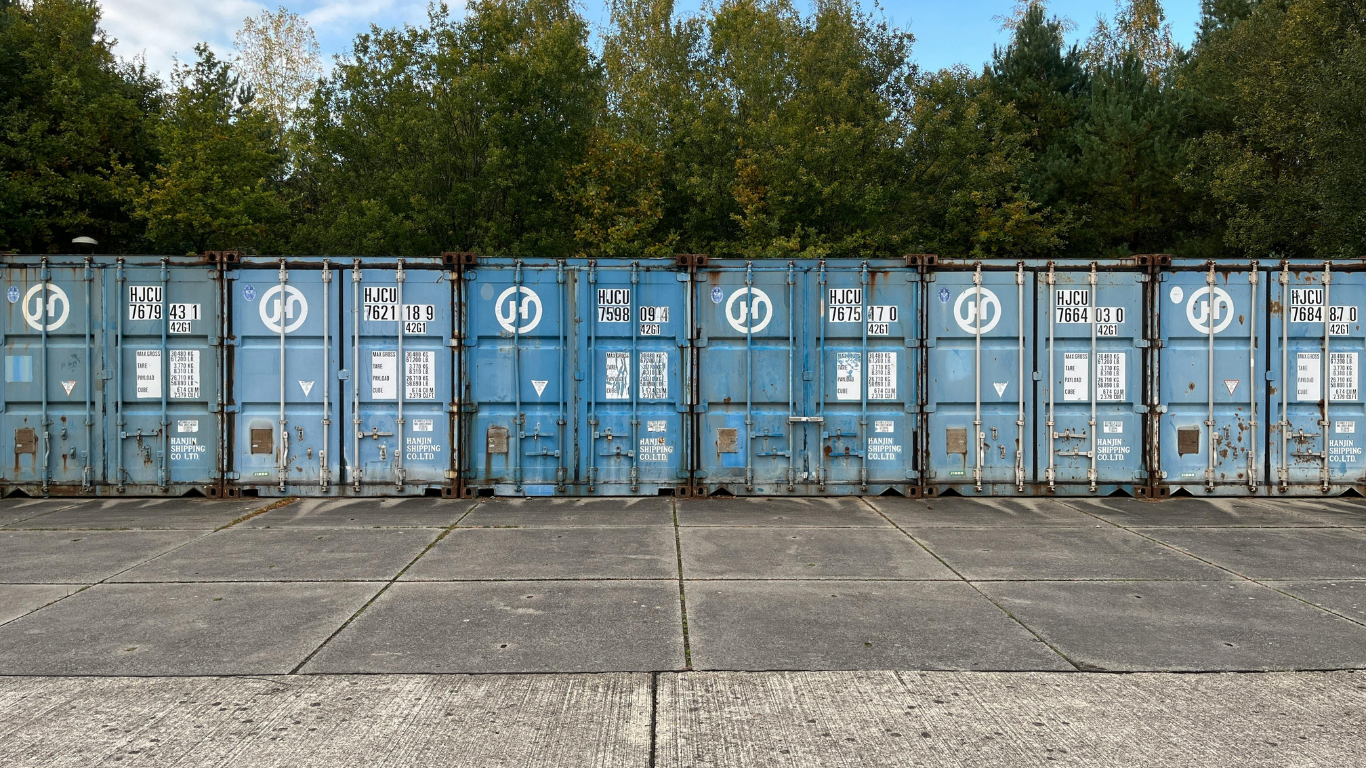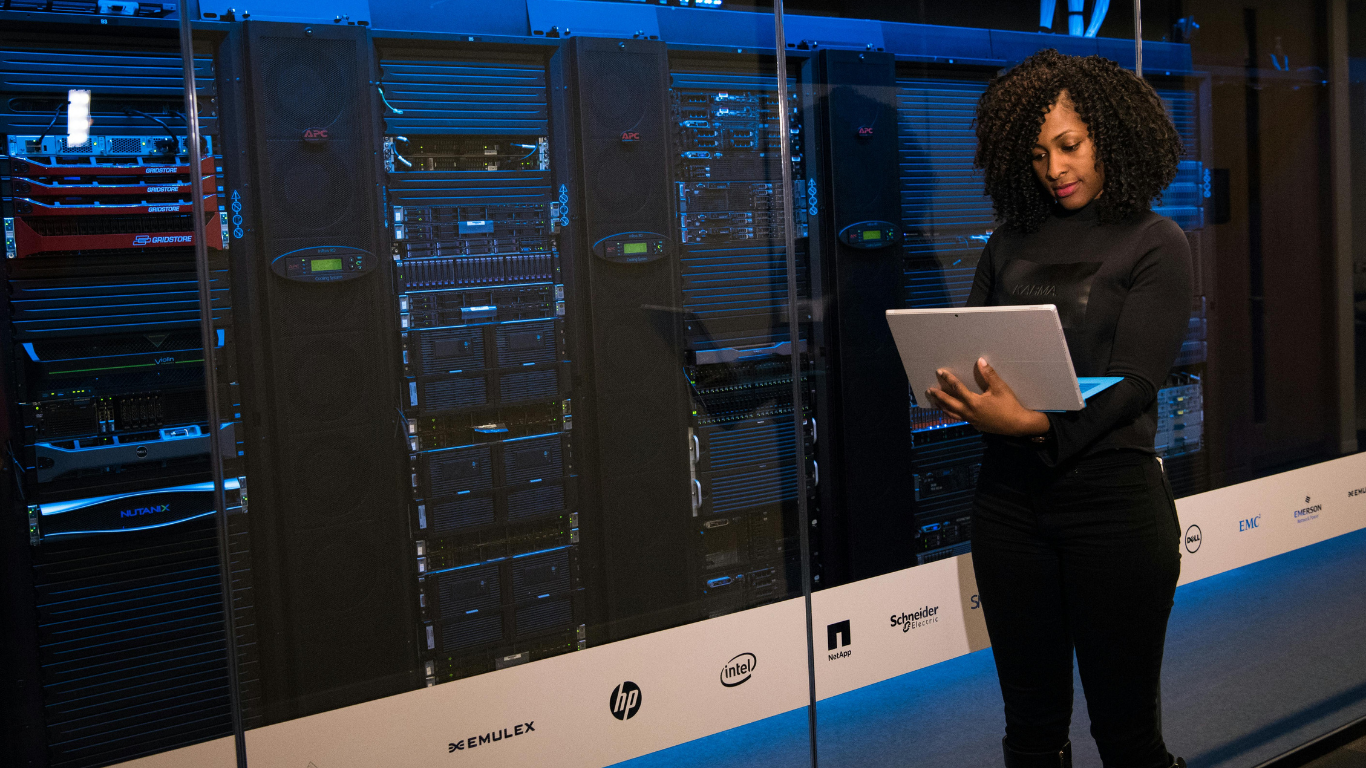If you’ve ever ordered something online, chances are that product spent time inside a shipping container before it reached your doorstep. These large steel boxes have quietly become the unsung heroes of global logistics, keeping goods moving efficiently across oceans, rail lines, and highways. From electronics and furniture to clothing and food, containers make international trade possible by protecting goods and standardizing transport.
In recent years, however, the demand for shipping containers has surged far beyond traditional uses. As global trade expands, e-commerce accelerates, and businesses seek greater control over their supply chains, containers have evolved from simple transport tools into valuable logistical assets. Many companies and independent operators are realizing that container ownership brings flexibility, stability, and cost savings in an unpredictable global market.
Let’s take a closer look at how this shift is transforming logistics and why more businesses are choosing to invest in containers rather than rely on rentals or third-party suppliers.
Meeting Growing Logistics Needs Through Container Ownership
In today’s fast-moving global economy, businesses can’t afford delays. A shortage of containers at key ports or reliance on long-term leases can disrupt entire supply chains, leading to missed deadlines and higher costs. To stay competitive, many companies are taking a proactive approach by owning their equipment outright.
For logistics providers, importers, and exporters, the decision to buy shipping containers offers several advantages. Ownership provides consistent access to containers, helping businesses move goods when they need to without waiting on availability or paying fluctuating rental fees. It also offers long-term cost efficiency, especially for companies that ship frequently or store goods for extended periods.
Beyond logistics, many industries are finding creative ways to repurpose used containers. They’re being transformed into secure storage spaces, pop-up offices, modular housing, and even retail kiosks. The durability and portability of containers make them ideal for flexible use while reducing the need for traditional building materials.
For modern logistics operations, container ownership means control, control over timing, expenses, and condition. With global trade expanding and supply chain demands evolving, having your own set of containers is no longer just convenient; it’s strategic.
The Role of Shipping Containers in Modern Supply Chains
Shipping containers have revolutionized how goods move around the world. Before their introduction, loading and unloading ships was a labor-intensive process that often led to delays and damage. Standardized containers changed everything by allowing goods to be packed, sealed, and transferred seamlessly between ships, trains, and trucks.
Today, containers remain the backbone of global logistics. Their standardized sizes make international shipping more efficient, reducing handling times and minimizing the risk of cargo damage. Whether goods are traveling across an ocean or between neighboring cities, containers streamline operations and ensure a consistent flow of products from manufacturers to consumers.
How E-Commerce Is Driving Container Demand
The explosive growth of e-commerce has had a major impact on the global demand for containers. With millions of packages shipped daily, retailers and suppliers need efficient ways to move inventory quickly and safely. Containers make this possible by allowing bulk shipments to move seamlessly from ports to distribution centers, and then to regional warehouses or retail outlets.
As more consumers shop online, companies are expanding their storage and transport capacity to keep up. This growing need for fast, flexible logistics has contributed to rising container sales and new investments in storage infrastructure. Businesses that own their containers can adapt more easily to seasonal demand, ensuring products reach customers without costly delays.
In short, e-commerce is reshaping the entire logistics landscape, with shipping containers at its core.
Owning containers isn’t just a logistical advantage. It’s an investment. Containers retain value over time and can be resold or repurposed when no longer needed for transport. For businesses with ongoing shipping or storage needs, this creates long-term financial stability compared to continuous leasing.
They also give companies independence. By controlling their container fleet, businesses reduce reliance on third parties and avoid fluctuating rental markets or shortages during peak seasons. This independence can make a big difference in a competitive global marketplace, where timing and consistency are everything.
In essence, containers are strategic assets that provide flexibility, reliability, and financial strength.
Article received via email































